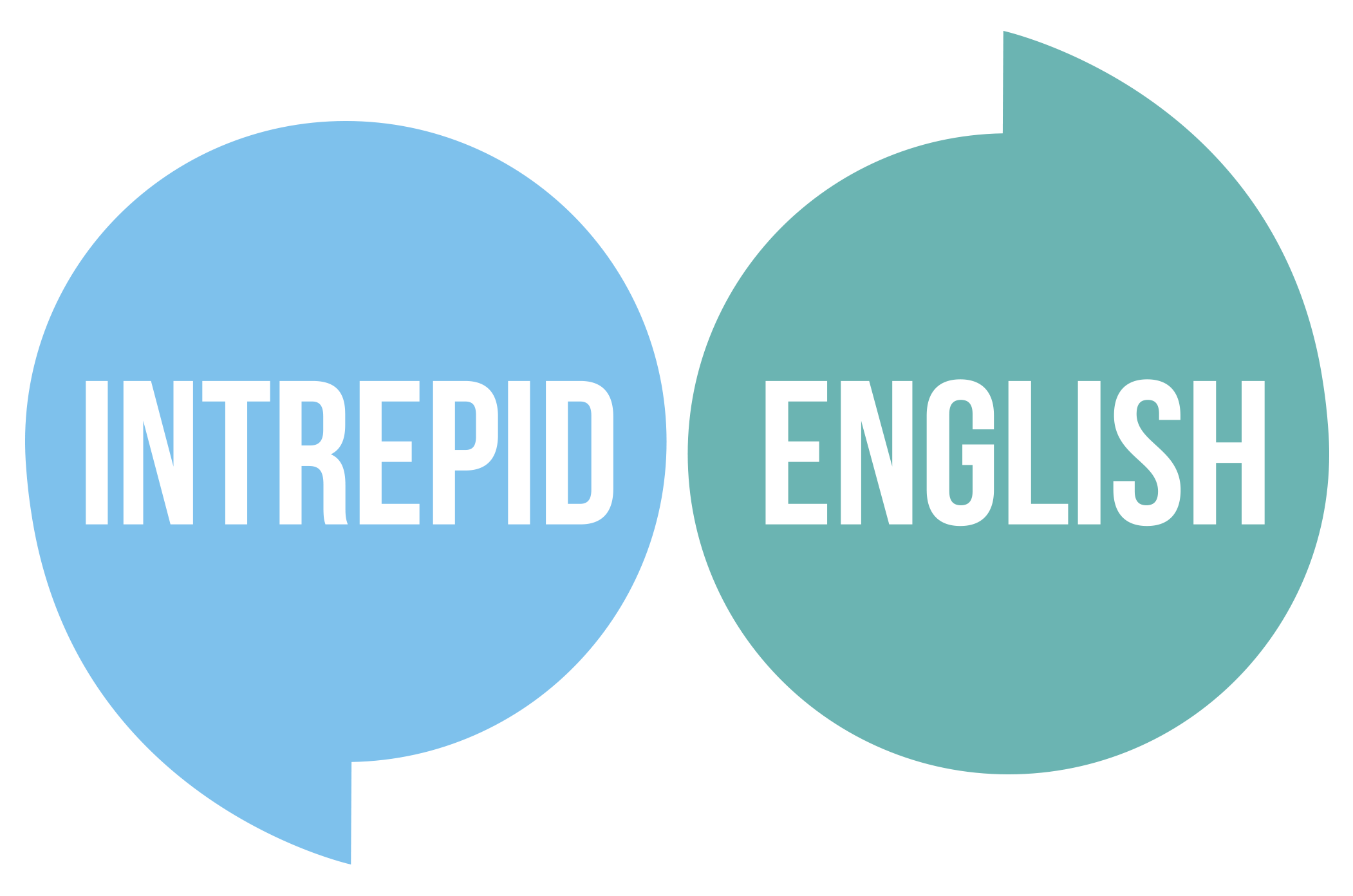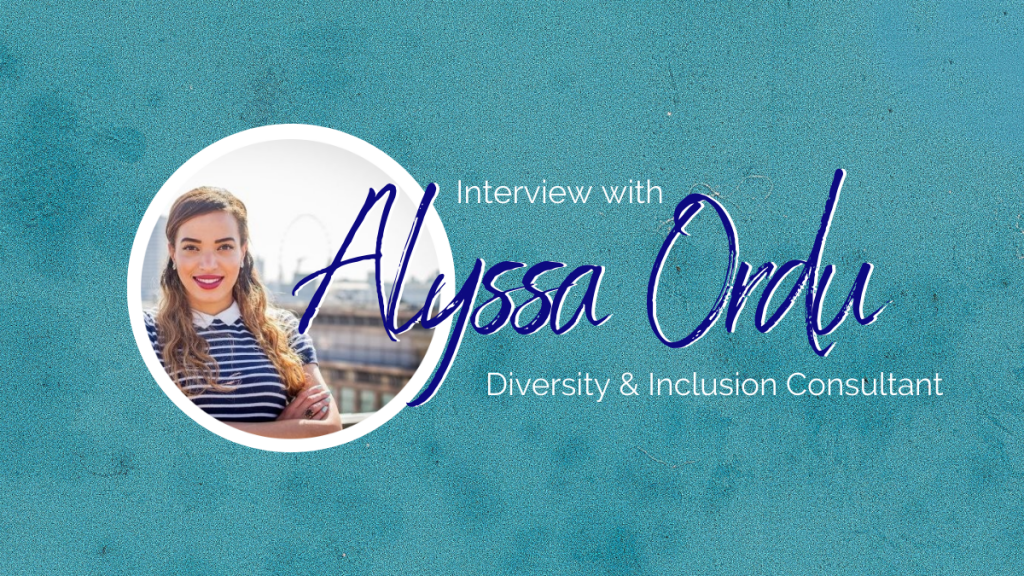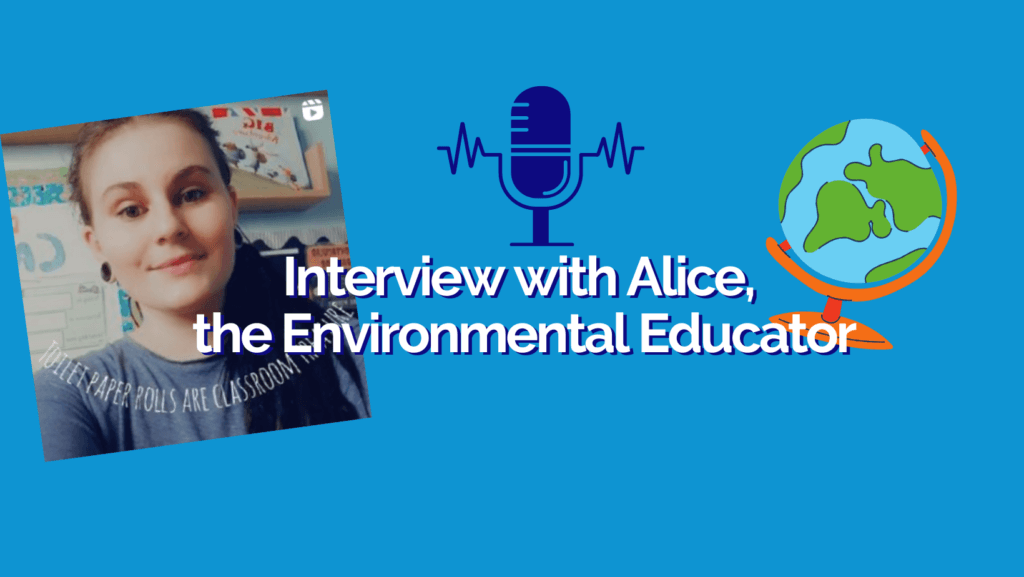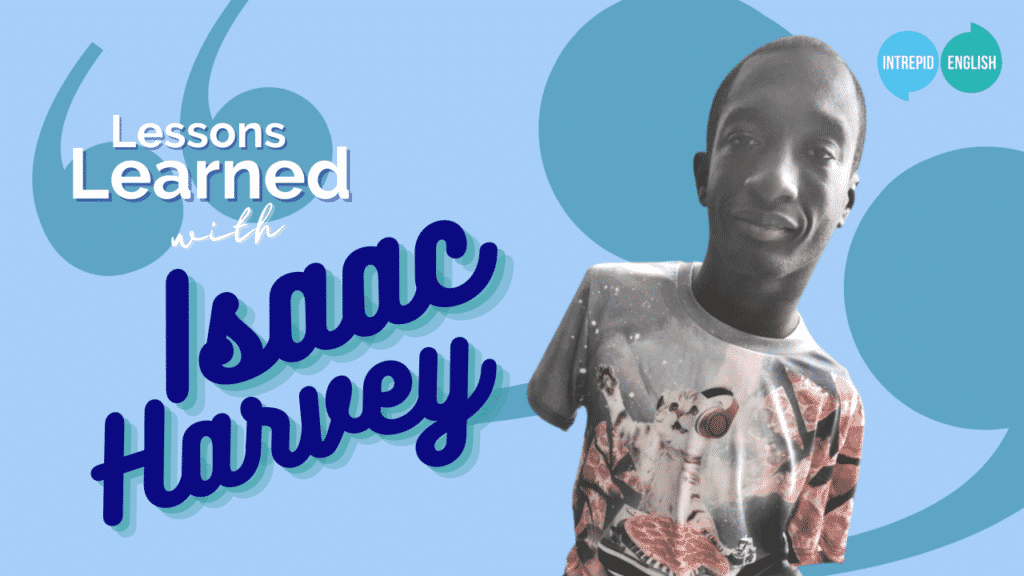Phrasal Verbs with HANG – Part 2

Welcome to Part Two of Phrasal Verbs with Hang. You can check out Part One here if you haven’t already.
We use phrasal verbs every day. In conversation, in writing, over the phone.
This blog explains the meanings of four common phrasal verbs with the verb hang.
A phrasal verb is a combination of (verb + preposition) or (verb + adverb).
When used together, the words take on a different meaning to that of the original verb.
Vocabulary:
Informal (adjective) having a relaxed, friendly, or unofficial style, manner, or nature.
Phrase (verb) put into a particular form of words.
Particular (adjective) used to single out an individual member of a specified group or class.
Washing line (noun) a line to hang wet clothes so that they dry.
Hang out
There are two meanings for the phrasal verb ‘hang out’:
- To hang wet clothes outside to dry.
e.g. He hung out the clothes to dry.
- To spend time in a particular place or with a particular person.
e.g. We should hang out sometime.
(Bonus: ‘Hang out of’ means to lean out of a window so that the top part of your body is outside.)
Hang up
There are three meanings for the phrasal verb ‘hang up’:
- To put the telephone down at the end of a conversation.
e.g. She hung up on me/I hung up.
- To hang a piece of clothing on something (a washing line).
e.g. I need to go and hang up the washing.
- To stop using something because you are no longer doing that sport/activity.
e.g. Patricia has decided to hang up her running shoes.
(Bonus: ‘hang up your hat’ is an informal phrase which usually means leaving your job.)
Hang with
- To spend time with someone.
e.g. You can hang with my friends as I go to the shop.
Hang onto
There are two meanings for the phrasal verb ‘hang onto’:
- To keep something and not lose it.
e.g. He still hung onto the ring, even after the divorce.
- To hold onto something/someone tightly.
e.g. She hung onto the seat at the rollercoaster became faster.
If you have any questions, or you would like to request a topic for a future blog, you can contact us here or email us at Intrepid English.

This blog was written by Intrepid English teacher, Tom.
If you have any questions, or you would like to request a topic for a future blog, you can contact us here or email us at Intrepid English.
Book a free trial lesson today and talk about your learning goals with an experienced native English teacher. Say goodbye to boring English lessons! If you’re not sure what you want to learn, let your teacher choose from the range of English courses that have been designed to help our students to achieve their goals.







